Welcome to this comprehensive guide where we delve into the fascinating world of Vitamin E. This isn't just another article; it's an academic yet friendly exploration of how this nutrient performs magic in your body. Let's discover why this vitamin should claim a permanent spot in your dietary repertoire.
Introduction
Before we jump into the awe-inspiring benefits, let's set the foundation. Vitamin E doesn't operate as a lone entity but comes packed as a group of eight fat-soluble compounds. These compounds have stellar antioxidant capabilities, but it's alpha-tocopherol that steals the show when it comes to meeting human dietary needs. You'll find Vitamin E naturally present in various foods like nuts, seeds, and certain vegetables. Additionally, supplements are also available for those who require extra doses.
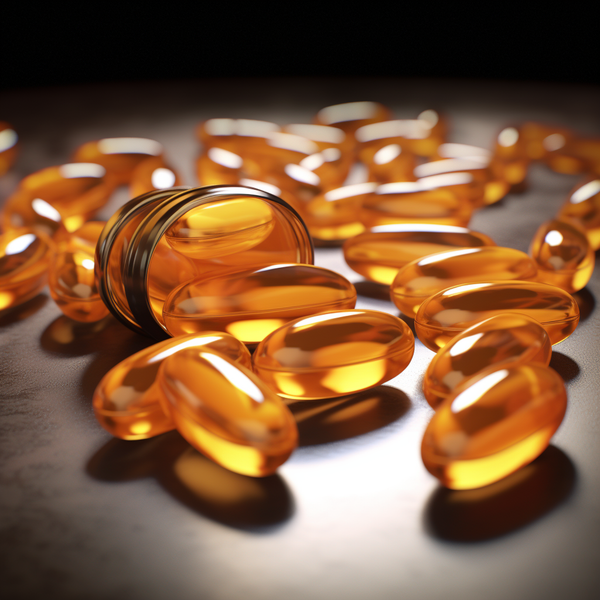
The Antioxidant Marvel
Oxidative stress is the villain in many chronic diseases and aging processes. Here, the balance between antioxidants and reactive oxygen species (ROS) goes haywire, leading to cellular damage. Vitamin E acts as your in-house superhero, neutralizing ROS and thereby mitigating oxidative stress. A study involving patients with diabetic nephropathy showed that 800 IU of Vitamin E daily for 12 weeks increased levels of glutathione peroxidase, an enzyme that protects your cells.
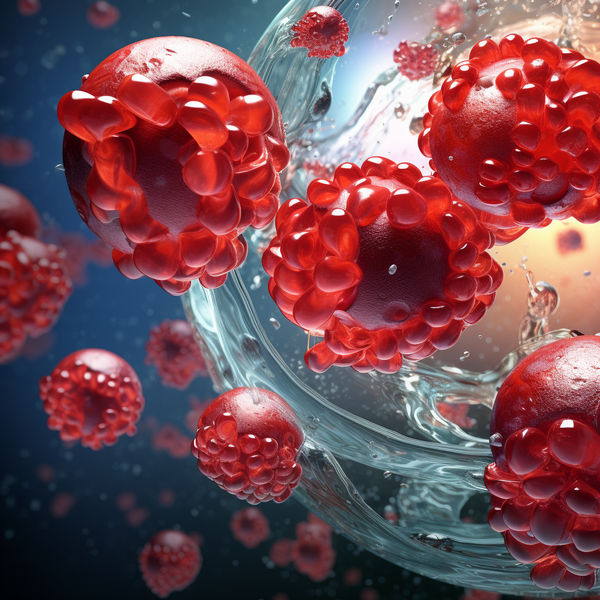
Protecting the Heart
Research implies that Vitamin E supplements can significantly benefit cardiovascular health. For instance, they have been shown to reduce systolic blood pressure and lipid profiles, especially when combined with omega-3 supplements. If you're battling metabolic syndrome or high cholesterol, this vitamin could be a valuable addition to your health regimen.
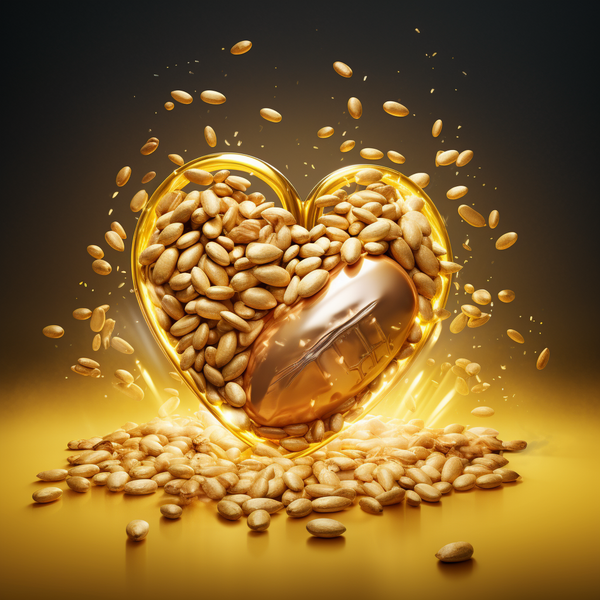
Top 20 Foods Bursting with Vitamin E
The High Rollers: Exceptionally Rich Sources
-
Wheat Germ Oil: A single tablespoon packs a whopping 135% DV (20 mg). And if you're curious, 100 grams will give you an incredible 996% DV (149 mg).
-
Sunflower Seeds: Snacking on an ounce gives you 66% DV (10 mg), while 100 grams offer 234% DV (35 mg).
-
Almonds: These crunchy delights offer 48% DV (7.3 mg) in just an ounce and 171% DV (26 mg) in 100 grams.
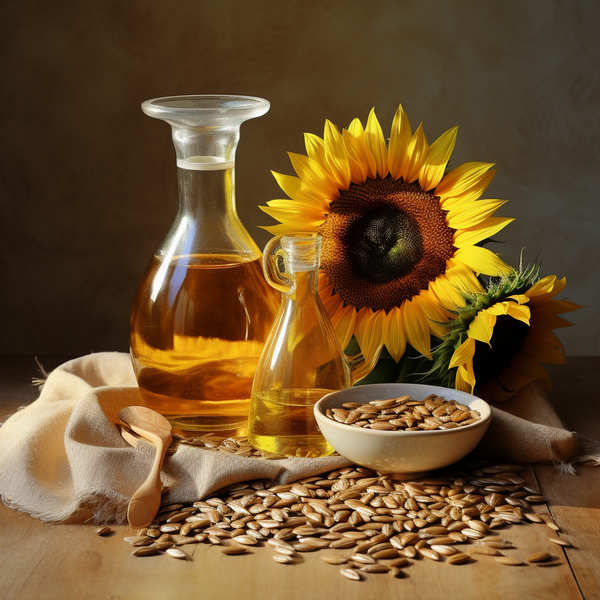
Oils Galore: Liquid Gold for Health
-
Hazelnut Oil: One tablespoon serves up 43% DV (6.4 mg), and 100 grams dish out 315% DV (47 mg).
-
Sunflower Oil: A tablespoon will get you 37% DV (5.6 mg), while 100 grams grant you 274% DV (41 mg).
-
Almond Oil: One tablespoon contains 36% DV (5.3 mg), and 100 grams offer 261% DV (39 mg).
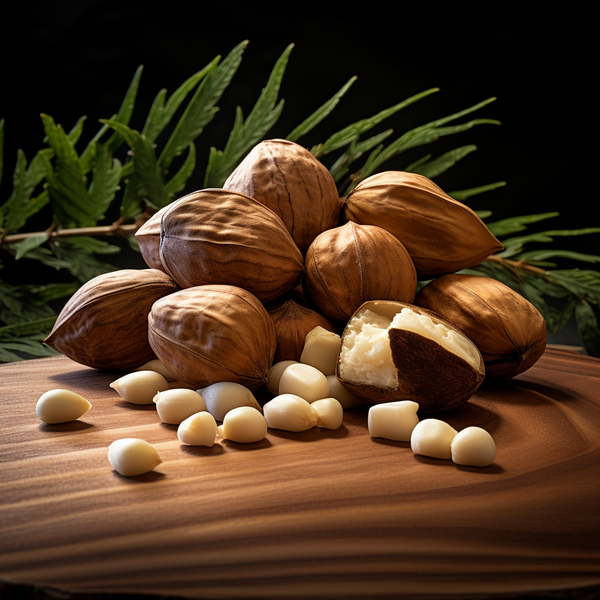
Fruity Wonders: Taste the Vitamin E Goodness
-
Mamey Sapote: Half a fruit delivers 39% DV (5.9 mg), and surprisingly, 100 grams only bring 14% DV (2.1 mg).
-
Avocado: Half an avocado matches its weight in gold with 14% DV (2.1 mg), also consistent per 100 grams.
-
Mango: Half of this tropical treat provides 10% DV (1.5 mg), and 100 grams give you 6% DV (0.9 mg).
-
Kiwifruit: One medium kiwi offers 7% DV (1.0 mg), and 100 grams serve up 10% DV (1.5 mg).
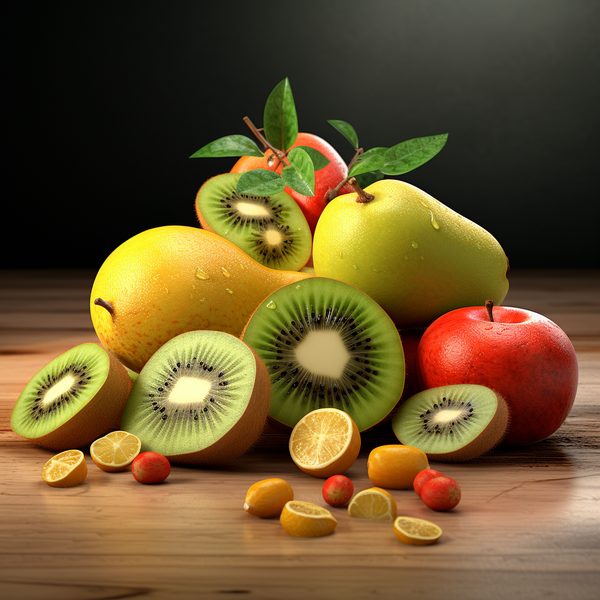
The Nutty Corner: Small But Mighty
-
Hazelnuts: An ounce holds 28% DV (4.3 mg), while 100 grams boast a full 100% DV (15 mg).
-
Pine Nuts: Enjoy an ounce for 18% DV (2.7 mg), or go all in with 100 grams for 62% DV (9.3 mg).
-
Brazil Nuts: A single ounce gives you 11% DV (1.6 mg), and 100 grams offer 38% DV (5.7 mg).
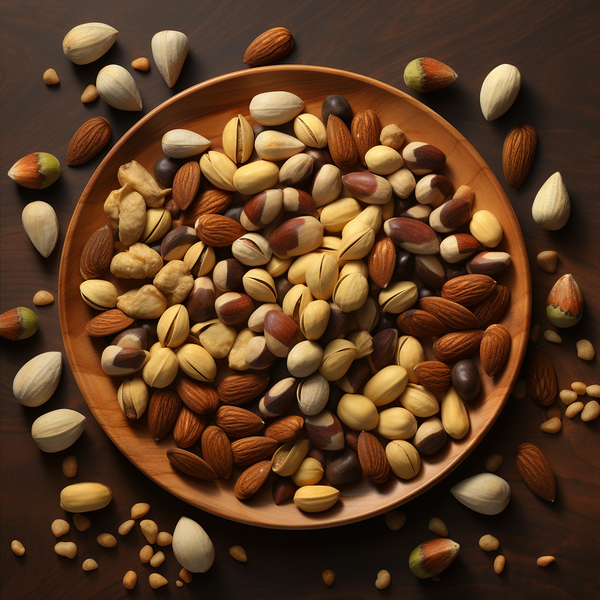
From the Sea: Vitamin E in the Deep Blue
-
Abalone: A 3-ounce serving offers 23% DV (3.4 mg), and 100 grams supply 27% DV (4.0 mg).
-
Atlantic Salmon: Half a fillet brings in 14% DV (2.0 mg), while 100 grams give 8% DV (1.1 mg).
-
Rainbow Trout: One fillet provides 13% DV (2.0 mg), and 100 grams yield 19% DV (2.8 mg).
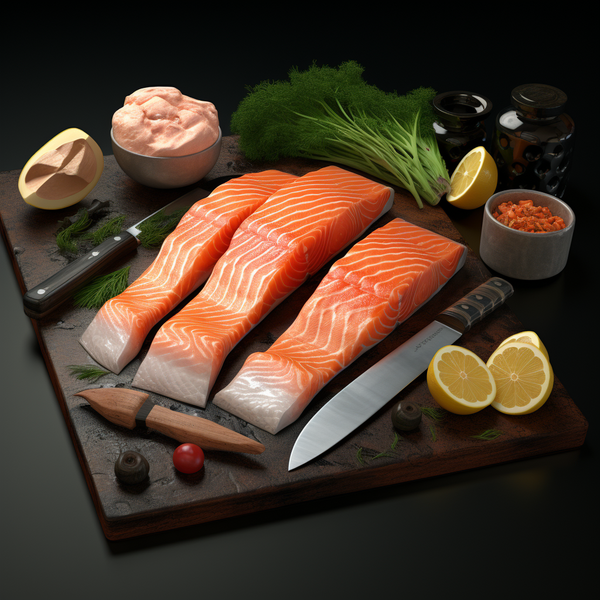
Others Worth Mentioning: Unique and Nutritious
-
Goose Meat: A cup offers 16% DV (2.4 mg), and 100 grams offer 12% DV (1.7 mg).
-
Peanuts: One ounce delivers 16% DV (2.4 mg), and 100 grams serve 56% DV (8.3 mg).
-
Red Sweet Pepper (raw): A medium pepper serves up 13% DV (1.9 mg), while 100 grams provide 11% DV (1.6 mg).
-
Turnip Greens (raw): A cup provides 10% DV (1.6 mg), and 100 grams offer a healthy 19% DV (2.9 mg).
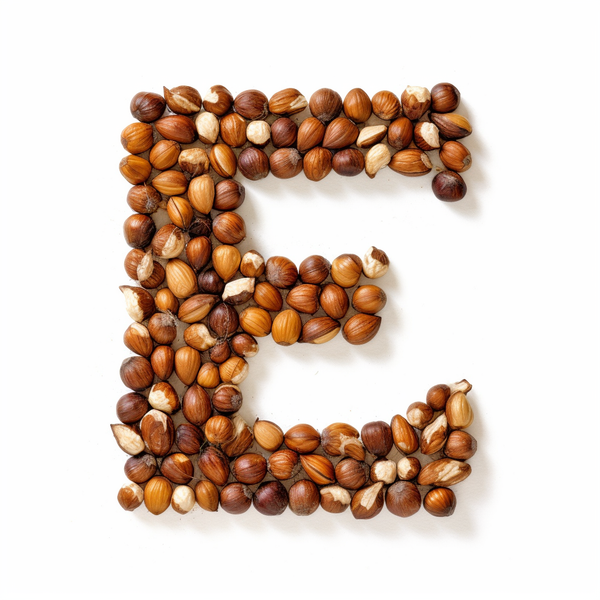
Liver Health and NAFLD
Non-Alcoholic Fatty Liver Disease (NAFLD) is a concern for many, and Vitamin E comes to the rescue once again. Clinical trials show that supplementation can reduce liver enzyme levels, indicating reduced inflammation and damage in those with NAFLD.
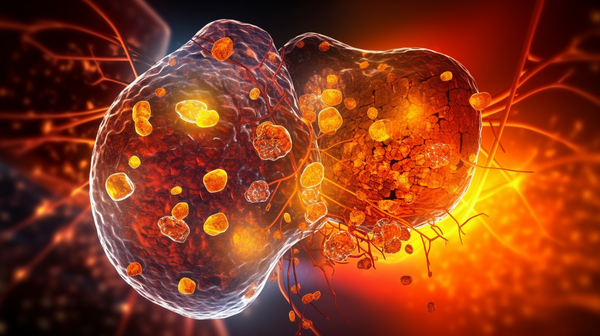
Easing Menstrual Pain
Women experiencing severe menstrual cramps may find relief with Vitamin E supplements. A study on 100 women found that taking 200 IU of Vitamin E daily alleviated menstrual pain effectively, especially when combined with omega-3 supplements containing specific ratios of EPA and DHA.
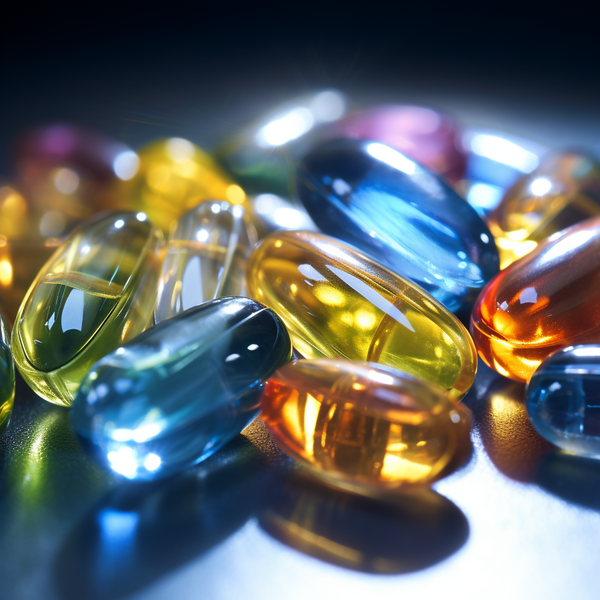
More than Skin Deep
Vitamin E is not just skin deep; it may benefit cognitive health as well. While research in these areas is still budding, preliminary studies show promise in conditions like eczema and cognitive decline, making Vitamin E a potential multi-faceted gem in health and wellness.
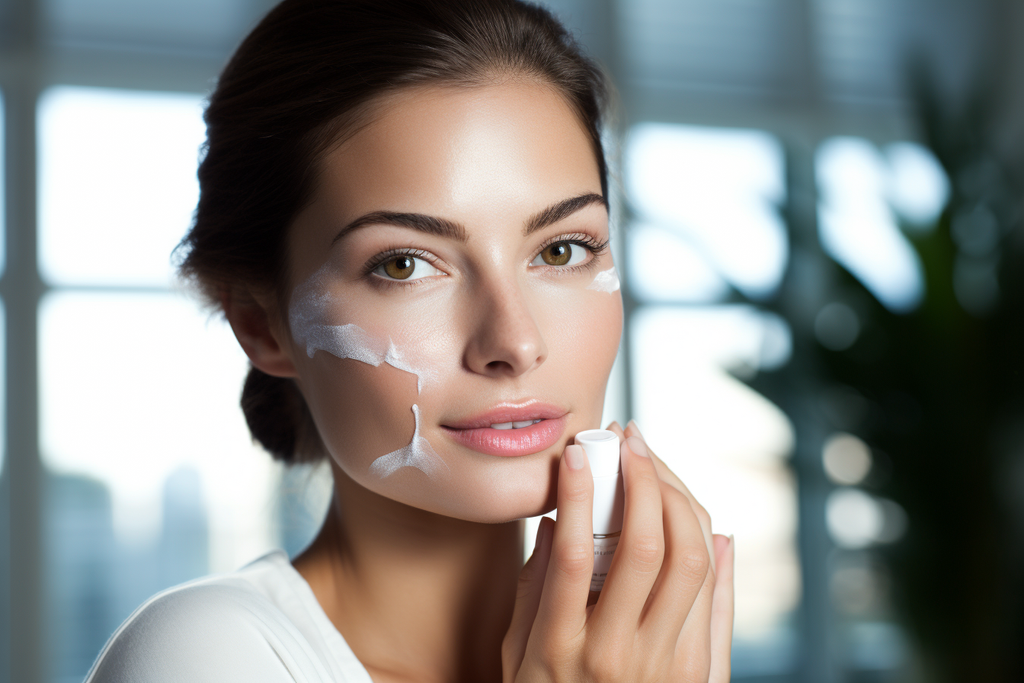
Cautions and Interactions: Tread Carefully
While the benefits of Vitamin E are numerous, it's crucial to consider potential drawbacks. High doses can lead to health risks like increased bleeding and may interact adversely with certain medications such as anticoagulants. Always consult a healthcare provider before starting any new supplement regimen.
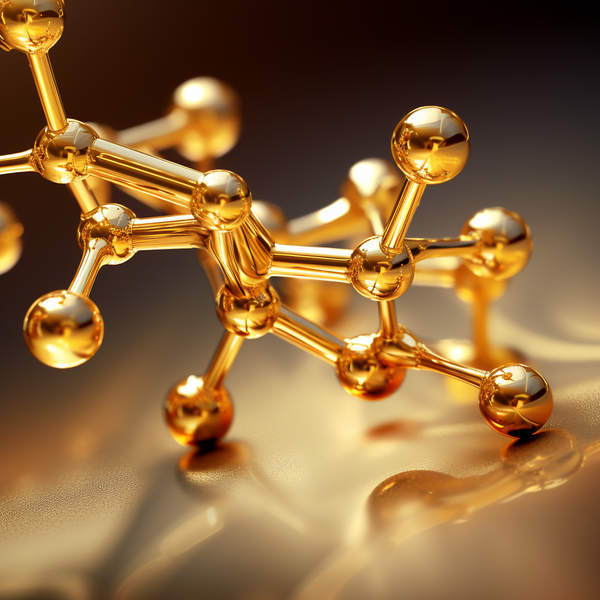
Conclusion
Vitamin E stands out as a nutrient that supports multiple aspects of human health, from cardiovascular wellness to combating oxidative stress. Its versatility makes it an essential part of a balanced diet or a targeted supplement regimen. But remember, it's always wise to consult with healthcare professionals for tailored advice.
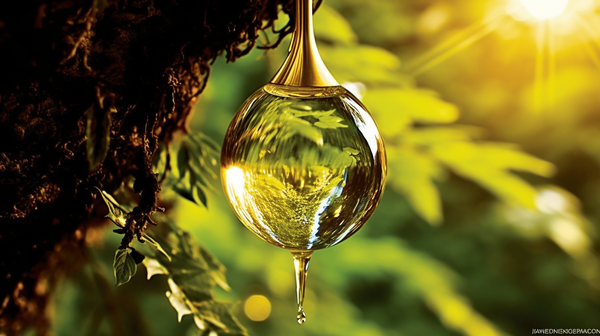
Q1: What are the different forms of Vitamin E?
Vitamin E is not a single compound but comes in a group of eight fat-soluble compounds. The form most significant for human dietary needs is alpha-tocopherol.
Q2: What foods are naturally rich in Vitamin E?
Vitamin E is naturally found in a variety of foods. Some of the primary sources include nuts, seeds, and certain vegetables.
Q3: How does Vitamin E benefit cardiovascular health?
Vitamin E supplements have been shown to positively affect cardiovascular health by reducing systolic blood pressure and improving lipid profiles. The benefits are especially noteworthy when the supplements are combined with omega-3 fatty acids.
Q4: Can Vitamin E help with Non-Alcoholic Fatty Liver Disease (NAFLD)?
Yes, clinical trials have demonstrated that Vitamin E supplementation can lower liver enzyme levels in people with NAFLD, indicating reduced liver inflammation and damage.
Q5: Are there any potential drawbacks or interactions to be aware of when taking Vitamin E supplements?
While Vitamin E offers numerous health benefits, high doses can lead to increased bleeding and adverse interactions with medications like anticoagulants. It is crucial to consult a healthcare provider before starting a new Vitamin E supplement regimen.

